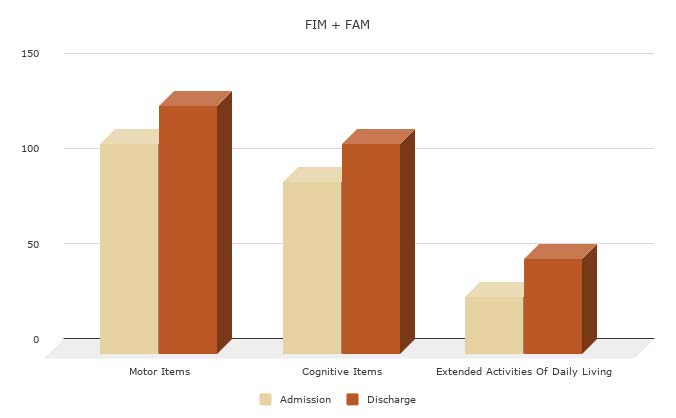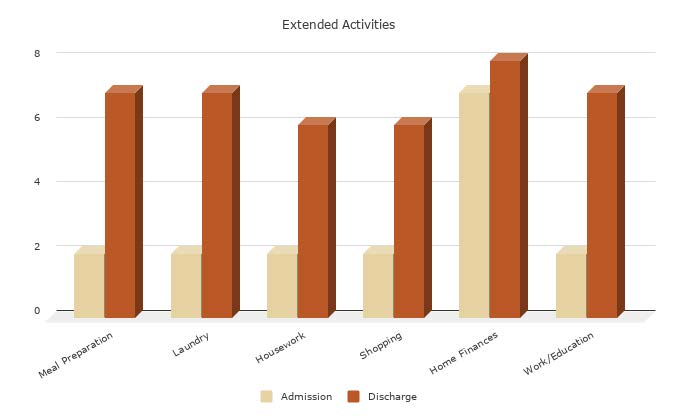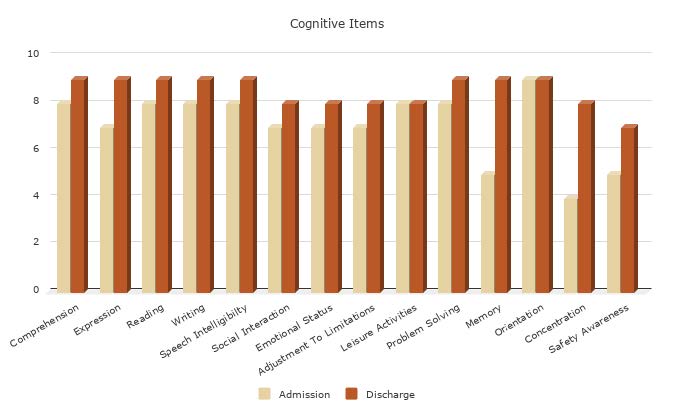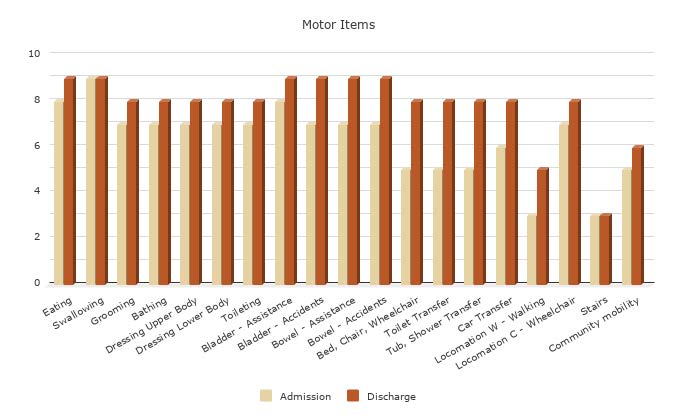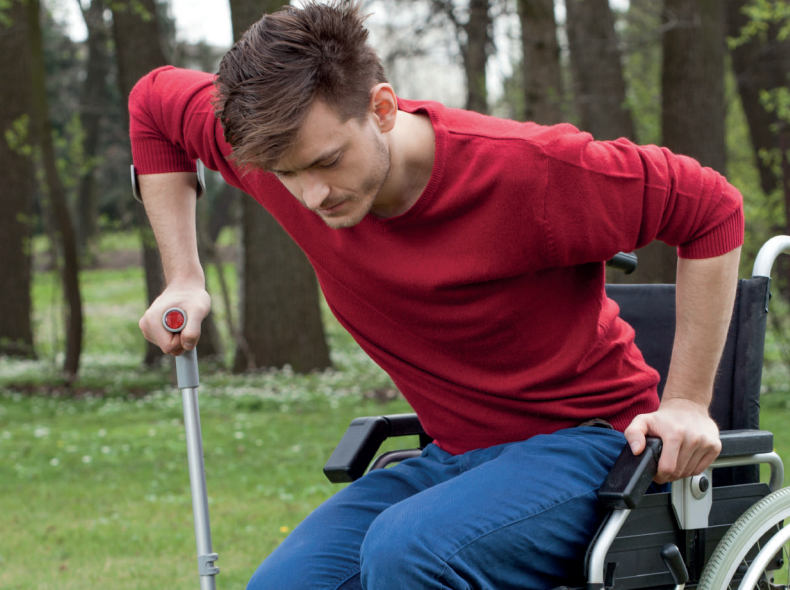
“You gave me my life and independence back. I’m feeling a lot more positive now. Nights are easier to cope with and days are very busy, doing everything that I enjoy. I’m so satisfied that you helped me prove the doctors in hospital wrong!”
– Mr K
Mr K arrived at Askham Village Community from hospital after being assaulted and sustaining multiple stab wound resulting in a C4 spinal injury and because of this was unable to walk. Mr K engaged in Physiotherapy, Hydrotherapy and Psychology whilst at Askham. Although initially just came for Physiotherapy and Hydrotherapy, it was deemed appropriate to involve Psychology once at Askham due to Mr K exhibiting a low mood state.
When Mr K arrived at Askham, he was unable to walk or stand unaided and was self-propelling in a wheelchair. Mr K also suffered with severe full body spasms and wore a splint on his left foot for foot-drop. Mr K had been told whilst in hospital that he would never walk again and would be paralysed from the waist down. Mr K’s mood was very low and he had scored high for symptoms of depression, anxiety and PTSD when screened by the Assistant Psychologist.
Mr K engaged in daily physiotherapy sessions, with hydrotherapy also incorporated as well as daily massages to reduce spasms. Mr K had regular sessions with the psychology team due to suffering with flashbacks and nightmares from the assault. Psychology work revolved around both Trauma Focused Cognitive Behavioral Therapy (TF-CBT) and Eye Movement Desensitization and Reprocessing (EMDR) delivered by the Clinical Psychologist.
The purpose of EMDR was to allow the brain to reprocess the trauma memory which in turn aided with Mr N’s nightmares, reducing the frequency and intensity. Upon discharge, Mr K was able to stand unaided, walk moderate distances with a walking stick, and was more positive in mood with a much better outlook on life. Mr K did still occasionally suffer with spasm in his legs, but these had decreased significantly in severity.
From a psychological perspective, Mr K still experienced the nightmares, but he reported these were a lot less severe than when he first arrived. Upon discharge, Mr K said that the staff at Askham had given him his life and independence back, he felt a lot more hopeful for his future and felt satisfaction in that he had ‘proven the doctors in hospital wrong’.
See below measurable outcomes from the Functional Assessment Measure (FIM + FAM) that was completed on admission and discharge.
You can follow Askham Rehab on social media via the links below.
